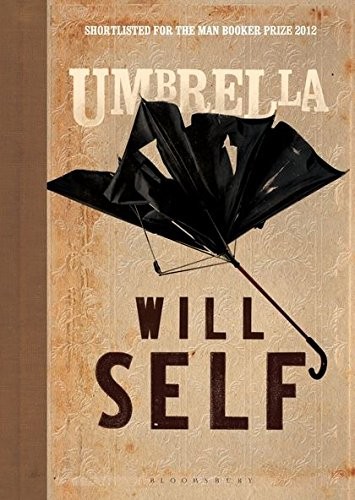Hardcover
Published July 21, 2012 by Bloomsbury UK, Brand: Bloomsbury Publishing Plc.

Hardcover
Published July 21, 2012 by Bloomsbury UK, Brand: Bloomsbury Publishing Plc.
It is 1971, and Zachary Busner is a maverick psychiatrist who has just begun working at a mental hospital in suburban north London. As he tours the hospital's wards, Busner notes that some of the patients are exhibiting a very peculiar type of physical tic: rapid, precise movements that they repeat over and over. These patients do not react to outside stimuli and are trapped inside an internal world. The patient that most draws Busner's interest is a certain Audrey Dearth, an elderly woman born in the slums of West London in 1890, who is completely withdrawn and catatonically tics with her hands, turning handles and spinning wheels in the air. Busner's investigations into the condition of Audrey and the other patients alternate with sections told from Audrey's point of view, a stream of memories of a bustling bygone Edwardian London where horse-drawn carts roamed the streets. In internal monologue, …
It is 1971, and Zachary Busner is a maverick psychiatrist who has just begun working at a mental hospital in suburban north London. As he tours the hospital's wards, Busner notes that some of the patients are exhibiting a very peculiar type of physical tic: rapid, precise movements that they repeat over and over. These patients do not react to outside stimuli and are trapped inside an internal world. The patient that most draws Busner's interest is a certain Audrey Dearth, an elderly woman born in the slums of West London in 1890, who is completely withdrawn and catatonically tics with her hands, turning handles and spinning wheels in the air. Busner's investigations into the condition of Audrey and the other patients alternate with sections told from Audrey's point of view, a stream of memories of a bustling bygone Edwardian London where horse-drawn carts roamed the streets. In internal monologue, Audrey recounts her childhood, her work as a clerk in an umbrella shop, her time as a factory munitionette during World War I, and the very different fates of her two brothers. Busner's attempts to break through to Audrey and the other patients lead to unexpected results, and, in Audrey's case, discoveries about her family's role in her illness that are shocking and tragic.